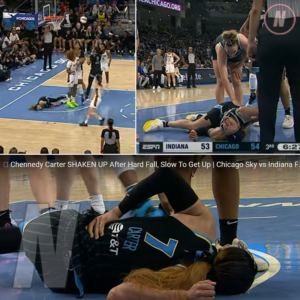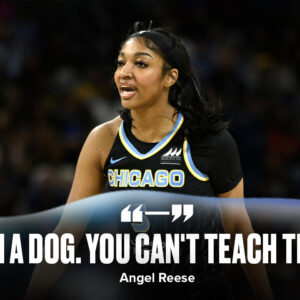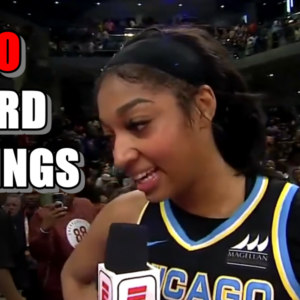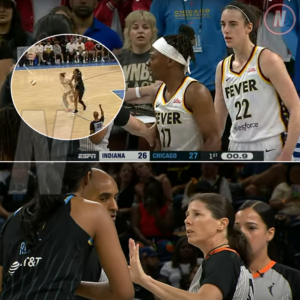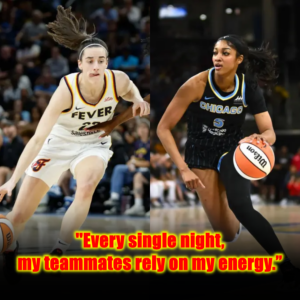The Sports Media BIAS HATE Towards Angel Reese EXPOSED!
Play video:
.
.
.
Online hate towards Angel Reese unveils the double standards of sports media
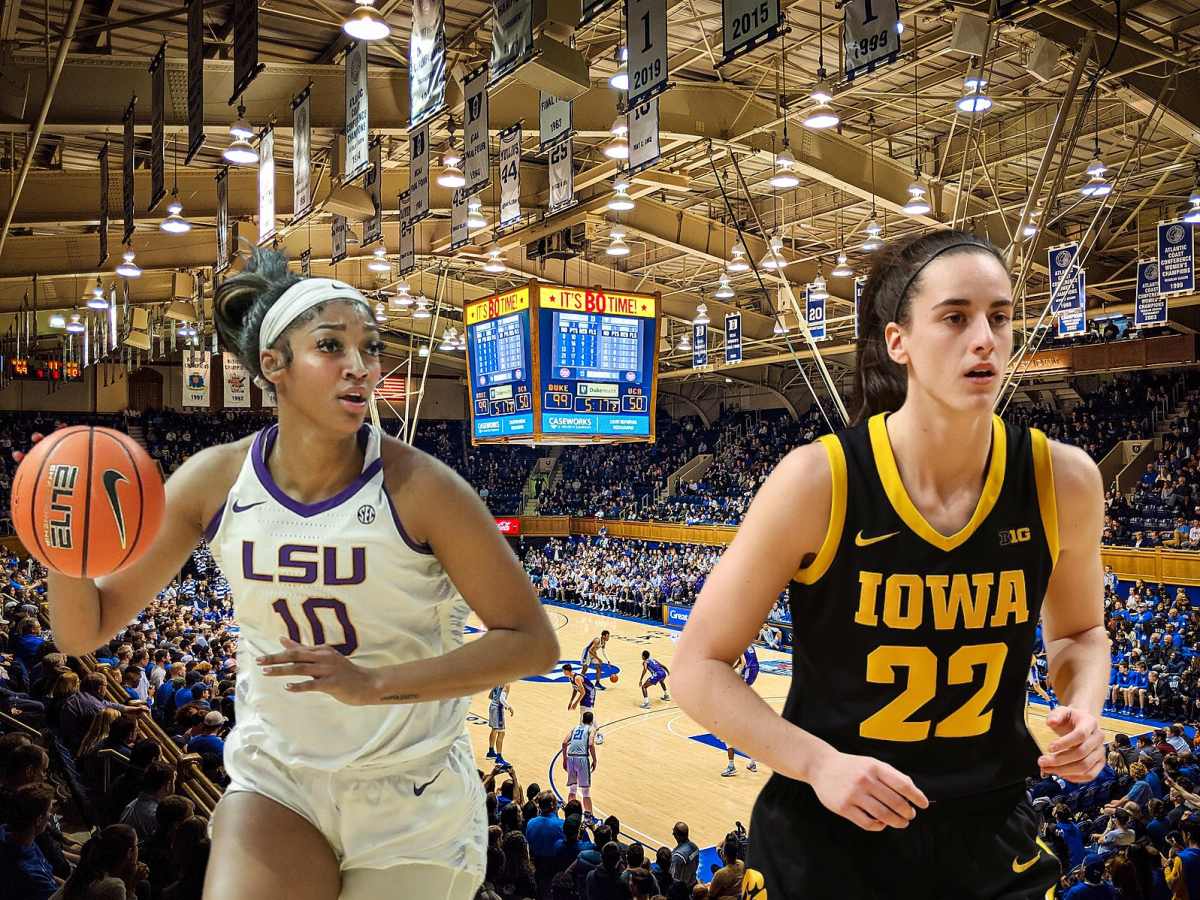
Photo Collage by Eshmom Haque
After Louisiana State University’s (LSU) loss against their main women’s basketball rivals Iowa State in the Elite 8 bracket of March Madness, LSU forward Angel Reese broke down in her post-game interview, sharing her horrific experience with death threats and over-sexualization online. Despite her genuine remarks on the abhorrent events, sports commentators lambasted her tears, accusing her of self-victimizing. Although many later withdrew their remarks on Reese and apologized, the initial public reaction to discredit the abuse Reese received perpetuates the unfair racial prejudices that target confident Black athletes in professional sports.
In 2023, Reese led her team to a historic victory over Iowa State in the National College Athletics Association (NCAA) championship, breaking both viewership records and creating an era-defining moment for women’s sports. However, media coverage chose to focus on a singular moment from the event, exposing a large bias against African American players in online coverage.
During the game, Reese taunted the other team by waving her hand in front of her face saying “You can’t see me,” a taunt popularized by WWE star John Cena and used by her rival Iowa State guard Caitlyn Clark throughout the season. This instance took front page coverage, as sports commentators like CBS broadcaster Danny Kanell immediately attacked Reese by calling her move “classless.”
This highly-curated coverage neglects Reese’s achievements and shows the normalization of a blatant double standard common in the sporting world that vilifies Black women. While Clark also used the John Cena taunt during the postseason, she was met with praise from media outlets, social media posts, and celebrities — even Cena himself shouted Clark out on X. Clark’s other taunts in the season were seen as passionate, encouraging competitive spirit, yet Reese’s were viewed as disrespectful. Black athletes like Reese are unfairly penalized for displaying confidence and held to an impossible standard that their fellow white peers do not have to follow.
Although it may not be intentionally villainizing Black women, preconceived notions of Black athletes still manifest into dehumanizing coverage that affects their reputation. Before UCLA’s matchup against LSU this year, the LA Times characterized LSU as “dirty debutantes” and “villains,” but called UCLA “America’s sweethearts.” Despite later removing these negative characterizations, the initial depiction of LSU’s majority Black roster serves as a reminder of racial microaggressions in American culture that seeps into popular news outlets.
With egregiously unfair pressure put on Black athletes by the media, Reese is just one example of an athlete who cracked under it. The media coverage surrounding Black athletes must be re-evaluated and checked for biases before it inevitably causes another athlete to break down. Awareness needs to move from individuals defending these athletes towards a societal level to prevent toxic backlash when Black athletes share vulnerable experiences.
